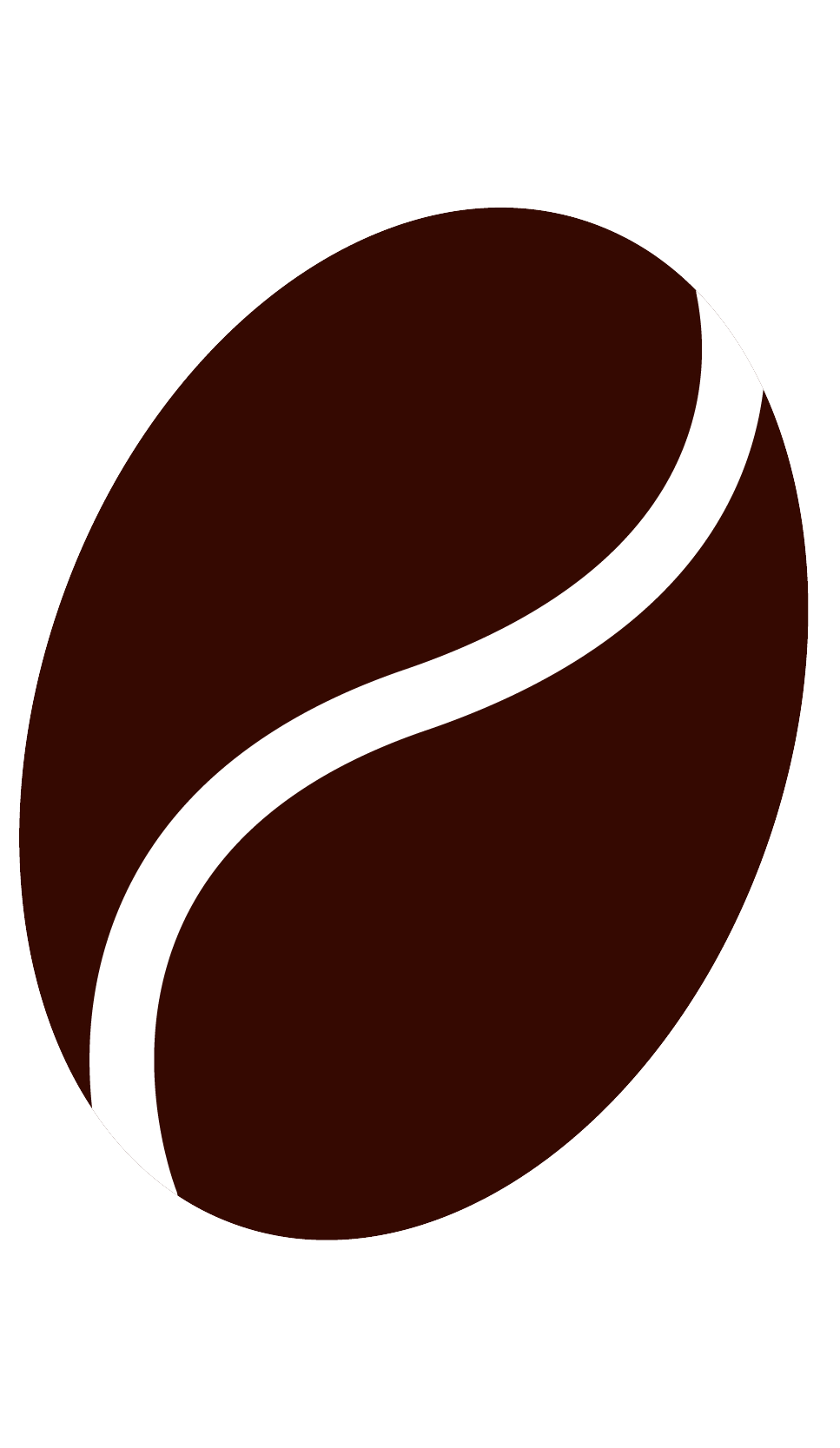|
Light roast coffee vs dark roast?
Why do different coffees have different roasts? Does this affect flavour? Will dark roast coffee have more caffeine, or will a light roast coffee have more? What really is “strength” in the context of supermarket packaging? Let’s delve in and investigate. Dark Roast Coffee vs Light Roast.
Light, Medium and Dark Roast Coffee
At Balance Coffee, we generally roast light to medium end of the roasting scale as we believe roasted coffee tastes better this way as it retains the natural sweetness from the original raw bean.
In essence, the darker you roast coffee beans, the more bitter the coffee becomes. There is no reason to say it’s a negative, if that’s what your taste buds desire then that is what you like.
Moving on to supermarket coffee, this is more-or-less the same thing as “strength”. And it has less to do with strength in terms of the caffeine content but how much it has been roasted on a scale of light to dark. Generally speaking, you won’t find lightly roasted coffee in the supermarkets as the shelf life is shorter than dark roast coffee. .
 What's the difference between light and dark roast coffee?
Are Dark Roasts Stronger?
It depends how you define “stronger”. If you’re linking supermarket rating scales and our roast levels, then yes - the higher the number, the darker the roast. Darker beans or, coffee that’s been roasted for longer, has been heated to higher temperatures during the roasting process. This means, they become denser due to the breakdown of acids and thus, a bitter flavour profile is produced. The reason supermarkets stock dark roasted coffee is for commercial purposes; to mask poor quality and an increased shelf life.
Dark Roast Coffee - Does That Mean There's More Caffeine?
What is the difference then between strength of flavour and caffeine content? Does light roast or dark roasted coffee pack more of a punch? It’s a tricky subject matter as there are a lot of variables at play.
It’s not just down to the beans themselves, it’s also about what method you use to make coffee. For example, pourover coffee methods like V60, Kalita or Chemex will produce more caffeine than an Aeropress.
Alexa Tucker writes a great article on how each brew method produces varying amounts of caffeine. To summarise, dark and light roasted coffee beans have pretty much the same levels of caffeine.
However, if we are talking about a single cup of coffee, dark roasts will have a higher caffeine content. The reason for this is they have less mass - they physically use more beans per gram than a lightly roasted coffee which in turn means there will be more caffeine present. Enjoy this article? Sign up to our Balance Coffee Club newsletter below for monthly recipes, tips and hacks that'll improve your coffee game!
|





 What's the difference between light and dark roast coffee?
What's the difference between light and dark roast coffee?









